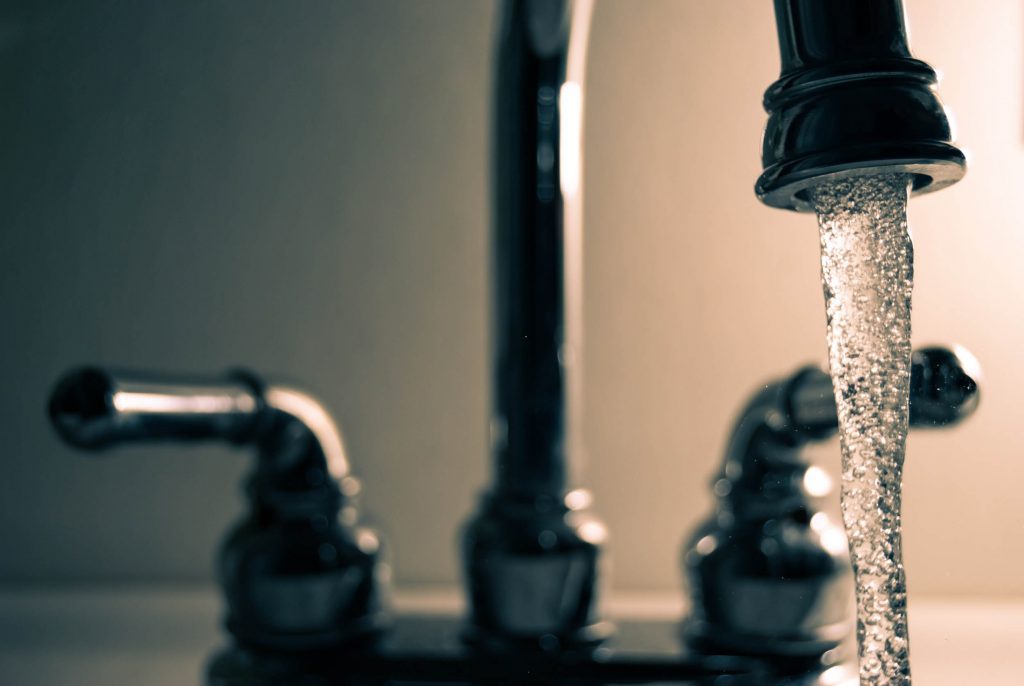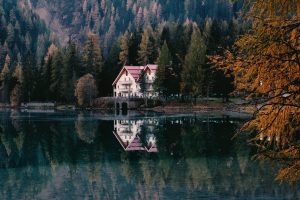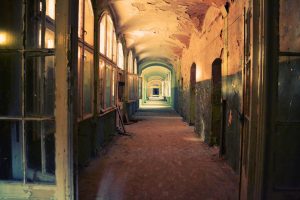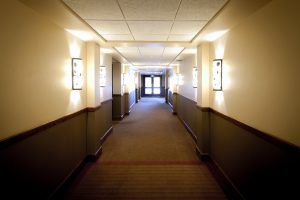
The building of a new construction necessitates the design and execution of numerous sophisticated systems, a lot of which have substantial overlap with the structure’s pipes. To ensure these systems are appropriately designed and implemented, particularly when the amount of sophistication is large, it’s an excellent idea to first have an engineering consultation with a plumbing engineer to determine what needs to be done. Here’s a concise introduction to the function and five reasons why this specialist can enhance building safety, functionality and security.
What’s a Plumbing Engineer?
A plumbing engineer is an engineering specialist involved with all the preparation, design and setup of construction systems associated with pipes, including water distribution and drainage. Their function often overlaps different areas of civil and mechanical engineering. The systems that they operate on include standard pipes for toilets, water supplies and drainage typically on a big scale. Some of the more technical function contains the pipes components of fire suppression methods, stormwater and sewer drains, and national water accessibility.
For all these reasons, plumbing engineers, just like their cousins in civil engineering are closely engaged in creating systems which impact the security and safety of brand new buildings. They generally work in cooperation with or under the supervision of accredited mechanical, civil or fire safety engineers.
Industrial plumbing setup
Industrial pipes are frequently an intricate procedure, involving the design, preparation and installation of complex wastewater removal and water distribution systems which support big buildings such as company and home complexes. Most commercial jobs involve providing plumbing services for any lot of distinct functions and institutions, such as public baths and drinking fountains, kitchen amenities for restaurants and fast food outlets, and fire hose reel and heating systems.
Industrial plumbing engineers set up new piping and link it into water mains and sewer systems. But many business building jobs do not begin with a bare space–that means commercial technicians will also be proficient in design, fixing, and age-old pipelines to earn new systems. They work with project managers to plan and design pipes solutions particular to the operating needs of the company, which might involve installing water heaters and boilers, LPG and gasoline lines and appliances, and business wastewater systems. That’s why it is vital for any business owner, or, even more crucial, for an owners corporation management body to pick a respectable business plumber for commercial building jobs –one who is knowledgeable about the appropriate health and safety regulations and laws, and also will make sure that the job is compliant and the final result is safe for general usage.
Industrial plumbing services
Skilled plumbing engineers can help your commercial property management body to remain compliant with the strict criteria of commercial construction codes and law and keep the people safe with professional installation, testing and normal maintenance of wet flame systems. They can provide and install proper fire sprinkler systems, fire hydrant systems, and fire hose reel systems that satisfy the particular demands of the construction, and supply continuing routine maintenance and testing to be sure they’re always in great working order and ready for emergency use.
Gas handling should only be run by fully qualified and licensed gas-fitters since it can be complicated and hazardous, and there are lots of regulations and rules specific to this. Reputable plumbers can install, repair and maintain most gasoline appliances and services for industrial companies, such as warm water heaters, commercial stoves and cooking appliances, gas fires and heaters, and gas lines and plumbing.

Ongoing Business plumbing maintenance
For the whole period of your commercial job, and the lifespan of your completed building, it is on your company’s best interest to associate with a respectable plumbing services supplier. Complications can arise in any stage of the job, therefore it is important to get specialist emergency plumbing services accessible constantly — if it is to manage minor problems as leaking drains, or significant events caused blocked and cracked pipes and sewer lines.
It is very normal that, as time passes, the building’s plumbing systems may be impacted by the build-up of minerals, dirt, sediment, and plant materials, and need drain unblocker, flow detection, and high-pressure jetting to revive their condition and operate. Commercial pipes may also fix and replace failing or faulty fittings, and supply routine maintenance, testing, inspection, and certification for your own fire and gas systems, to keep your company operational and safe at all times.
Below are additional details on how pipes engineers can help to contribute their knowledge and skills towards a construction site. Compared to a regular plumber, a plumbing engineer concentrates on a “whole-building” theory that strives to incorporate important features and components of this structure’s layout whilst encouraging natural methods of recycling water, waste and air.
Construction Areas Where Plumbing Engineers Are Needed:
- Sanitary sewer: At a new construction job, a plumbing contractor may be responsible for designing the sewer system in the construction to the point where it joins into a municipal sewer system, an on-site disposal system or technical containment website. This helps control conventional sewer and wastewater which accumulate as part of daily tasks in the construction. Whether there are technical sewer and drain machine need, he could also adapt people. As an instance, the engineer may design drainage which divides wastewater drains if one of those drains needs specialized treatment prior to being redirected to a municipal sewage system.
- Domestic/potable water: Water is essential in almost any circumstance, along with the pipes. A plumbing engineer and a blocked drain specialist is responsible for methods which guarantee a continuous supply of water that is safe for a building’s occupants. The engineer generates systems which provide water to plumbing fixtures, irrigation systems, fire suppression systems, process equipment, cleaning systems and much more. Within this circumstance, he also produces systems for water supplies that require various treatments, like those for fabricating. When designing these water components, the engineer consistently seeks to decrease water usage and preserve as much as you can.
- Domestic hot water: The pipes engineer guarantees a suitable source of hot water to use in construction by designing and executing water heaters, supply pipe networks and security devices. He should remember that equipment on site will be necessary to create hot water and also work to make sure this gear and the warm water systems are suitable for building occupant requirements.
- Stormwater methods: Stormwater, rainwater and snowmelt drainage forms a substantial part of your building’s plumbing requirements. A plumbing engineer generates the systems necessary to maintain the construction free from stormwater and free of flood or water damage. Engineers can help layout containment procedures and approaches to take care of stormwater which does not place undue strain on the outside surroundings, like releasing too much water simultaneously in municipal drainage systems.
- Plumbing fittings: Plumbing specialists can help select fixtures to be used during construction, focusing on water conservation, while still providing lots of water for sanitation and building occupant requirements.












